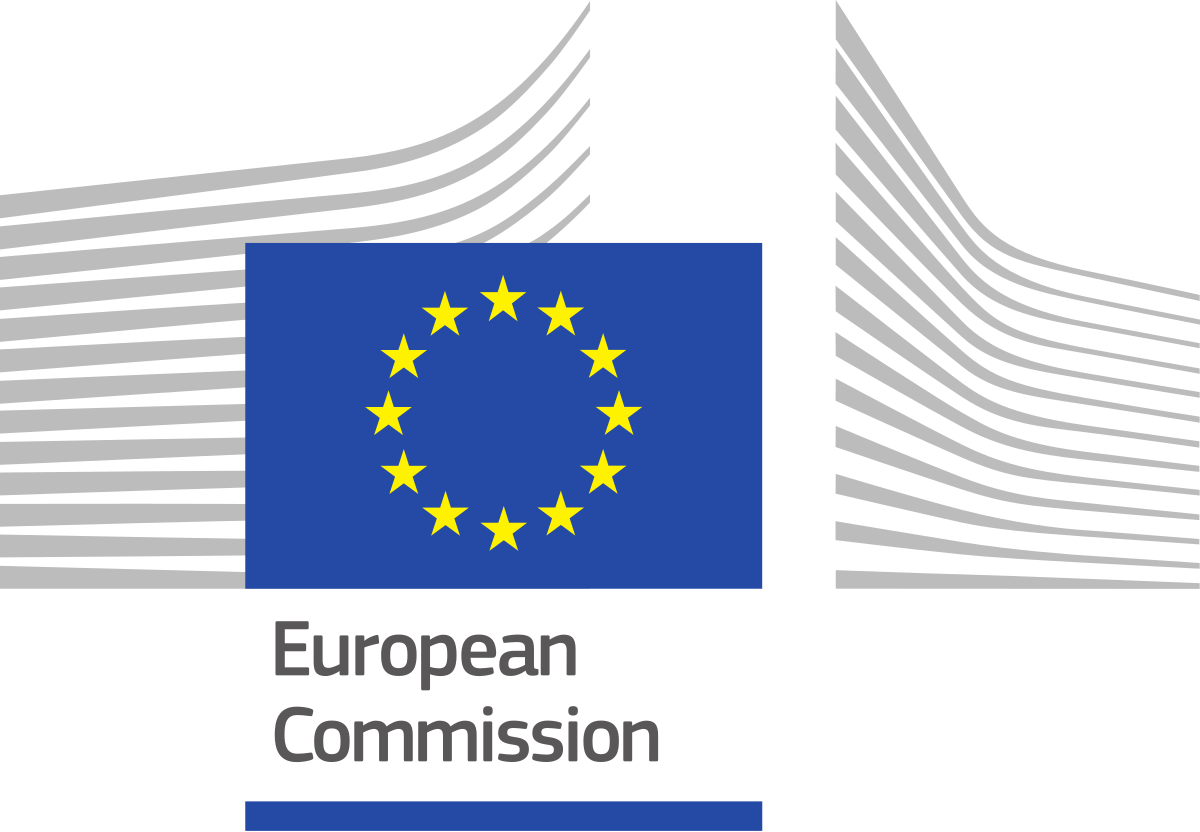
The Joint Action on integration of ERNs into national healthcare Systems (JARDIN project) has been build in the frame of the EU4Health Programme (EU4H). JARDIN build on a consortium of 29 partner states : 27 EU Member states (MS) + Norway + Ukraine. It associates 55 stakeholders (all health ministeries, many HCP, research infrastructures…). Many ITHACA-linked HCPs are official participants. The grant agreement has been signed for three years, with a EU budget of 11 M€.
To learn more about the project: JARDIN project: The Joint Action on integration of ERNs into national healthcare Systems – ERN ITHACA (ern-ithaca.eu)

The European Joint Project on Rare Diseases (EJP-RD), an EU-wide, patient-centred EU and MS co-funded initiative that fosters creation of RD research ecosystem, easy to use for scientists and producing benefits for patients in the most efficient way. The goals of EJP-RD include structuring actions with the ERNs. The EJP-RD is implemented through dedicated funding, training opportunities and services oriented towards all RD community. Find out more information here.
To contact the EJP RD Help Desk, please follow the link here.

The International Rare Diseases Research Consortium (IRDiRC) unites national and international governmental and non-profit funding bodies, companies (including pharmaceutical and biotech enterprises), umbrella patient advocacy organizations, and scientific researchers to promote international collaboration and advance rare diseases research worldwide. Importantly, the coverage of the Consortium is global and involves stakeholders from Africa, Asia, Australia, North America, and Europe
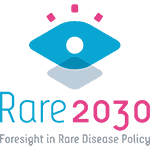
Rare 2030 is a foresight study that gathers the input of a large group of patients, practitioners and key opinion leaders to propose policy recommendations that will lead us to improved policy and a better future for people living with a rare disease in Europe. This a two year project that will end in a presentation to parliament at the end of 2020 with recommendations on the most critical areas needing sound policy

Share4Rare is an European project which aims to improve the quality of life of those affected by a rare disease. By working together, we can build a community to transform rare diseases into known diseases by advancing research and sharing knowledge
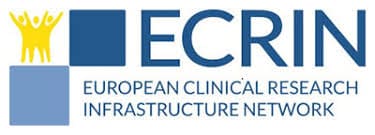
ECRIN aims to generate scientific evidence to optimise medical practice. To achieve this vision, ECRIN supports the conduct of multinational clinical research in Europe by managing and supporting clinical trials across borders, connecting networks, and advising and implementing policy, ECRIN advances knowledge flow, competitiveness and integration in European clinical research.
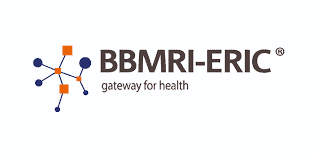
BBMRI-ERIC is an European research infrastructure for biobanking which brings together all the main players from the biobanking field : researchers, biobankers, industry, and patients – to boost biomedical research. To that end, it offers quality management services, support with ethical, legal and societal issues, and a number of online tools and software solutions for biobankers and researchers. Ultimately, the goal is to make new treatments possible.

RD-Connect is an international community working towards accelerating rare disease research worldwide by provision of the global RD-Connect Platform that facilitates research on rare diseases by connecting databases, patient registries, biobanks and clinical bioinformatics data into a central resource for researchers worldwide.
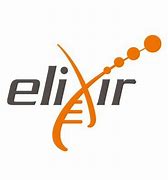
The goal of ELIXIR is to coordinate these resources so that they form a single infrastructure.This infrastructure makes it easier for scientists to find and share data, exchange expertise, and agree on best practices. Ultimately, it will help them gain new insights into how living organisms work.
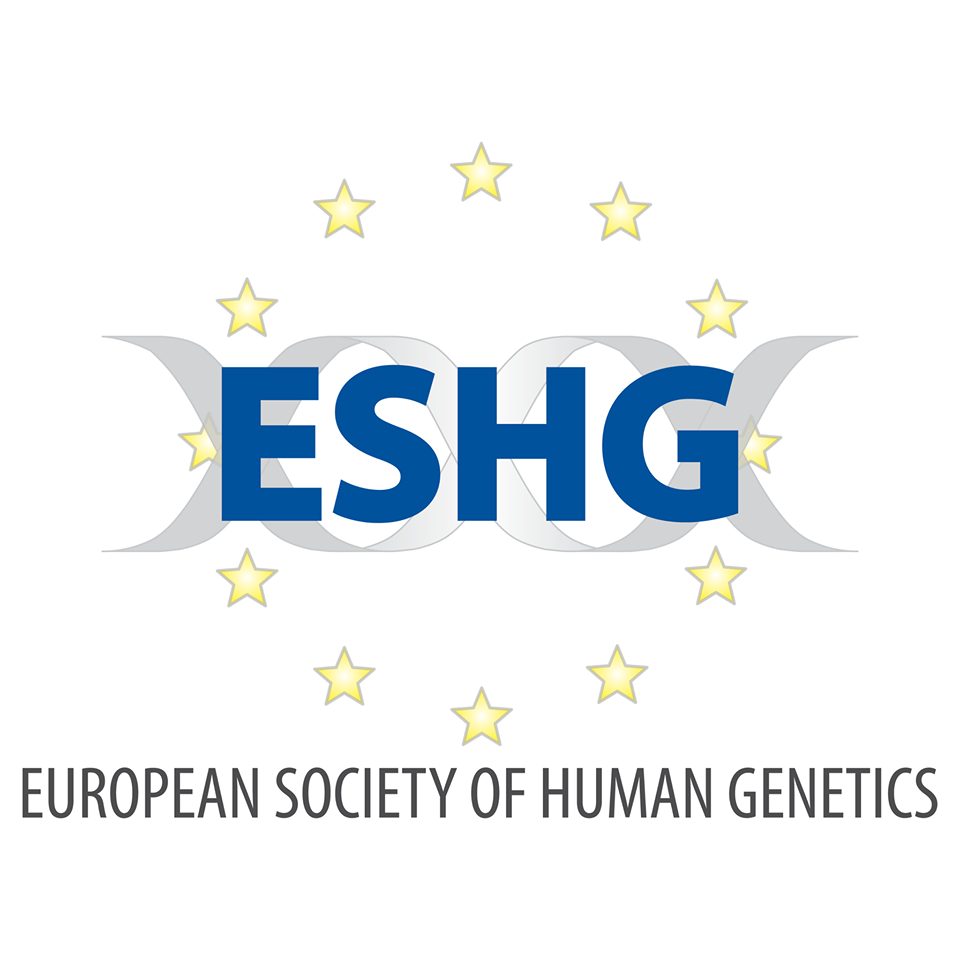
The European society of Human Genetics is a recognised international non profit organisation, and one of the founding members of the International Federation of Human Genetics Societies. It aims at promoting research, facilitating communication and encouraging best practice in applications of human and medical genetics, particularly in Europe
